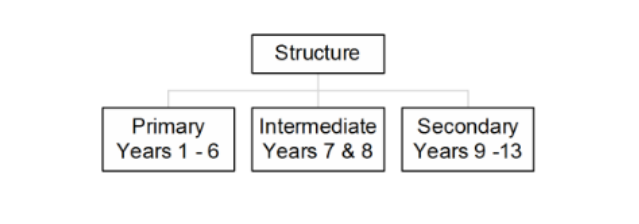New Zealand Education System
New Zealand children start compulsory primary schooling at age 5 or 6. Prior to that, they can attend optional early childhood education. For their 7th and 8th years of schooling, they may attend intermediate schools or continue at primary school. Secondary schooling encompasses years 9 to 13 (around ages 13 to 18). Area schools usually service small rural communities and encompass years 1 - 13. There are also secondary schools that teach students from years 7 - 13, and several Junior High Schools that cover Years 7 - 10.

Demand for Teachers
In New Zealand there is a demand for teachers with particular skills and experiences. Work is available for both casual relief (supply/substitute) teachers and teachers seeking full time roles. Demand for teachers in the Early Childhood Education(ECE) sector and Secondary sector is growing.